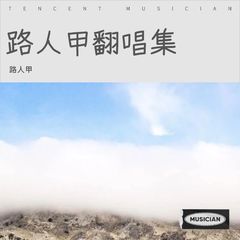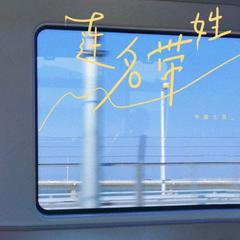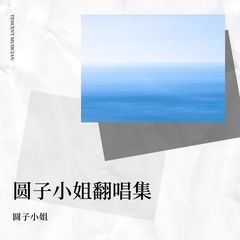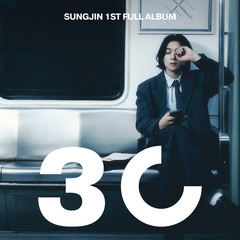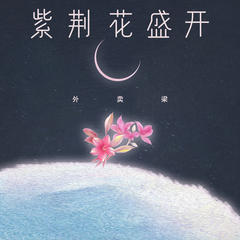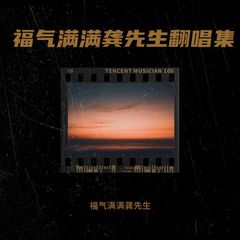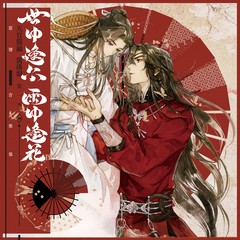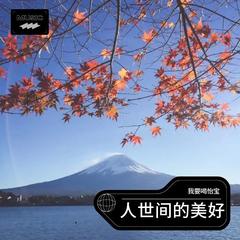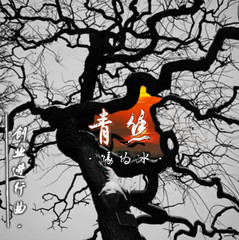Indochine
INDOCHINE是法国八十年代摇滚的象征之一。一开始被这支乐队吸引觉得是因为他的名字,不过后来发现这个名字事实上和乐队成员毫无关系,当初是为了给人来自异国遥远的感觉,这种感觉表现在他们创作的不少歌曲中,带有亚洲的氛围,"le Peril jaune" "la Sécheresse du Mekong", "Okinawa", "Shanghai" 等等。他们吸取了美国的cure以及blur,oasis等英式摇滚的元素,加上一点东方式的神秘,融合成自己特有的风格。 1981年,吉他手Dominique Nicolas与歌手Nicola Sirkis这两个只有20岁的年轻人录制了他们的第一首单曲’Aventurier。之后Nicola的孪生兄弟键盘手Stéphane ,以及当时刚刚在学saxophone的朋友Dimitri Bodiansky加入这后,乐队正式成立。发行了第一张专辑Dizzidence politik后,被人们所熟悉及喜爱。于是开始陆续出新专辑,在法国进行巡回演出,同时也受到了其他法语地区歌迷们的欢迎。1987年,他们在Québec 为专辑7000 danses做宣传时有将近5万的歌迷特地赶到Montréal 来捧场。一直到九十年代,他们毫无疑问已经是法国歌坛上的一支大牌乐队了。随着94年Dimitri 的离开和99年Stéphane 的突然去世,现在乐队成员的改变并没有影响他们在人们心中的地位,2000年的现场演唱版专辑Nuit Intimes 又获得巨大成功。02年又发行了新的专辑Paradize。 by Jason Ankeny After enjoying enormous chart success during the new wave era, French pop group Indochine spent more than decade grappling with commercial frustration, roster defections, and even the death of a founding member. Only in 1999 did their fortunes turn yet again, and three years later the band capped off its comeback with a number one single, "J'ai Demandé à la Lune." The roots of Indochine lie in a newspaper advertisement placed by singer/guitarist Nicola Sirkis and answered by Dominique Nicolas, a journeyman guitarist with a series of short-lived punk bands under his belt. After writing enough songs to sustain a live performance, they recruited Sirkis' twin brother, Stéphane, to play keyboards while friend Dimitri Bodiansky was installed on saxophone. On September 29, 1981, Indochine made their professional debut at the Paris café Rose Bonbon, and the following February issued their first single, "Dizzindence Politik," a minor hit that paved the way for the EP L'Aventurier. When the title song emerged as a breakout hit in the summer of 1983, Indochine was appointed the essence of French new wave, and their melancholy yet infectious electro-pop found favor with consumers as well as critics, who at year's end awarded the group the coveted Bus d'Acier award. With their 1983 sophomore effort, Le Péril Jaune, Indochine embraced the Far Eastern influences implicit in their name, and with the singles "Kao Bang" and "Miss Paramount" vaulted to new commercial heights, effectively launching what the media dubbed "Indo-mania." The 1985 release 3 was nevertheless Indochine's watershed moment. Hailed as a masterpiece by critics and a generation-defining statement by fans, the album was a hit throughout much of western Europe, galvanized by a series of smash singles including "Canary Bay," "Tes Yeux Noirs," and "3ème Sexe." But with 1987's 7000 Dances, the inevitable backlash arrived. Critics mocked Indochine's gloomy image and teased, swirling hair, drawing obvious parallels to British mope-rock merchants the Cure, and while sales remained brisk, the album failed to come close to repeating the success of its predecessor. A year later Bodiansky exited the lineup to start a family, and with guests ranging from Silencers drummer Martin Hanlin to Iranian kamanche virtuoso Mahmoud Tabrizi Zadeh, Indochine re-entered the studio in mid-1989 to begin work on their next LP, Le Baiser. Highlighted by the single "Des Fleurs Pour Salinger," the album fared respectably but the group's commercial heyday was clearly waning. Nicola Sirkis issued a solo single, "Dans la Lune," in 1992 before reconvening with his brother and Nicolas for 1994's Un Jour Dans Notre Vie. When the album failed to generate much excitement, Nicolas tendered his resignation, and the Sirkis twins recruited former Le Cri de la Mouche guitarist Alexandre Azaria for Indochine's next effort, the Britpop-inspired 1996 release Wax. While working on the follow-up, Stéphane Sirkis died of complications from hepatitis on February 27, 1999. Nicola opted to carry on as the sole remaining founding member, and with Dancetaria Indochine scored its first major chart action in more than a decade via the single "Juste Toi et Moi." With 2002's all-star Paradize, completed with contributions from ex-Smashing Pumpkins bassist Melissa Auf der Maur and singer/songwriter Gérard Manset, Indochine returned to the top of the charts with "J'ai Demandé à la Lune," winning Victoires de la Musique honors for Best Pop/Rock Album of the Year. The smash Alice & June followed in late 2005, and on June 6, 2006, Indochine celebrated their 25th anniversary with a lavish performance at Vietnam's Hanoi Opera.


 Memoria - Indochine
Memoria - Indochine